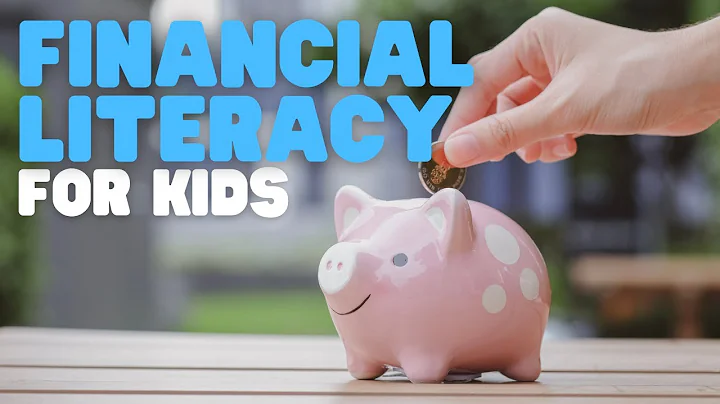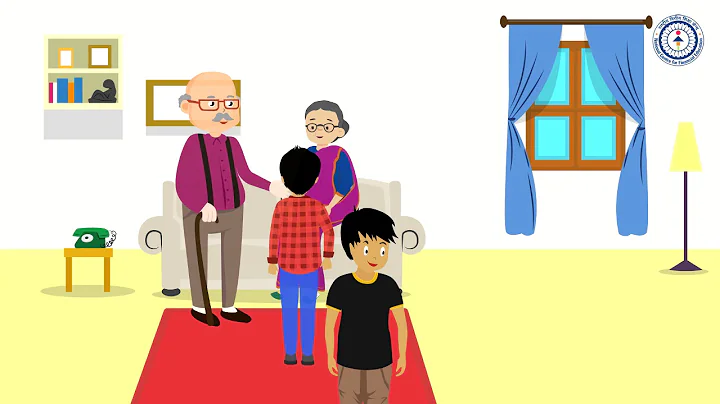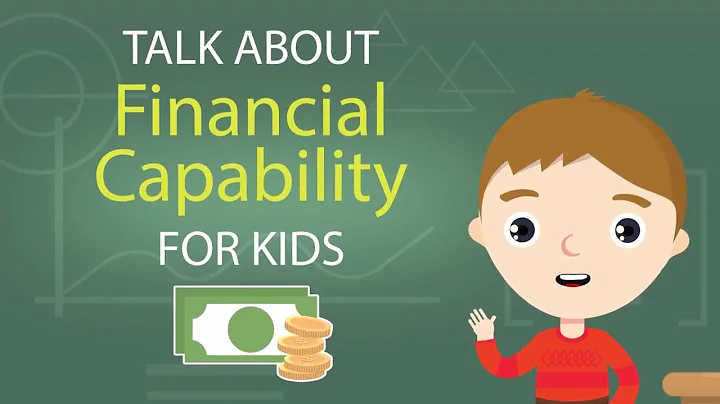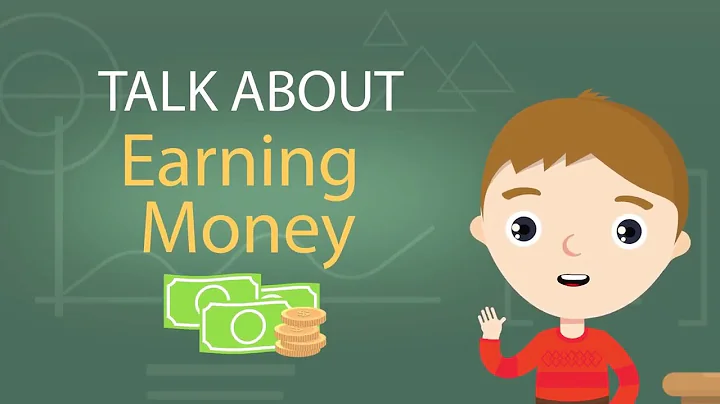
Financial and business education
Research shows that the age of 3-12 is a critical period for children's financial enlightenment. High-quality financial and business education can cultivate children's all-round financial and business abilities and help them establish a correct outlook on money and values. Financial education is a subtle process that will affect children's future behavior.


Children with "low financial intelligence" have no concept of money, spend money lavishly and without restraint, and are prone to blind comparison. When they grow up, they may lack basic financial knowledge and easily become "moonlighters", "cheating old people", etc. , in family education, what should parents do to improve their children's financial intelligence?

1. Let children understand the value of money and items
When parents go shopping in the supermarket, they can take their children with them, tell them what they want to buy, and let them see the corresponding amount on the label. At the same time, let the children compare the differences of the same product from different brands. The price allows children to have a basic understanding of the value of the product. Although the concept of money may not be that clear to him yet, let him know that money has value and can be used to buy things.

2. Bring your children to participate in labor and let them know that money is hard-earned.
Parents can use their weekend time to take their children to participate in social practices, such as career experience, flea markets and other parent-child activities, create value through labor, and reap their own "salary." In the process of experiencing labor, children will understand that money is hard-earned, understand the hard work of earning money, learn to be grateful to their parents, and be better able to understand how to use money when they grow up.

3. Give children appropriate pocket money and cultivate correct financial management concepts.
Relevant research shows that if you don’t have money you can control in childhood, you will be more likely to spend money randomly when you grow up. If a child makes a request to buy something, parents need to judge whether the item is a necessity. If so, agree to the child decisively without attaching other conditions; if the child makes an unreasonable shopping request, parents must firmly refuse and show that they are Position and bottom line, tell the child that this is not within the shopping budget and will buy it next time.

4. Let your children learn to save and develop the ability to manage money.
You can DIY four money jars with your children - love jar, piggy bank, free jar and large amount jar. Let your children put their pocket money in different proportions. Deposit into these four jars respectively, and count the specific amounts of pocket money with your children regularly every week or every month. When your child gets older, you can take some of the money out of the piggy bank and take your child to the bank to open a child-specific account. In order to let children learn to save money, they must also know how to spend money in a controlled and planned way. They must also be encouraged to learn to shop around and make the most appropriate choice among limited resources.

A lot of small recommendations
The earlier children’s financial enlightenment is carried out, the better. Many habits should be started from childhood. "I am the Little Boss" children's financial enlightenment enlightenment, a must-read financial enlightenment book for children aged 6-12, cultivates children's correct view of money, helps children develop good consumption habits, learn to make income and expenditure plans, and build savings Awareness, appropriate control of purchasing desires, and distinction between wants and needs. The language in the book is easy to understand. Parents can also use parent-child reading to cultivate their children's financial intelligence and at the same time, give themselves a financial lesson.

(picture and text source network)

For more exciting content, please pay attention to the official public account of Financial Business Youth (Financial Business Youth FQChildren)





















